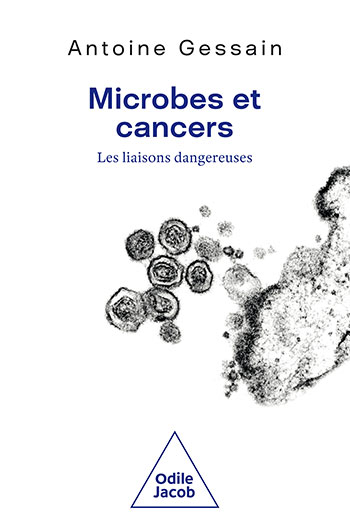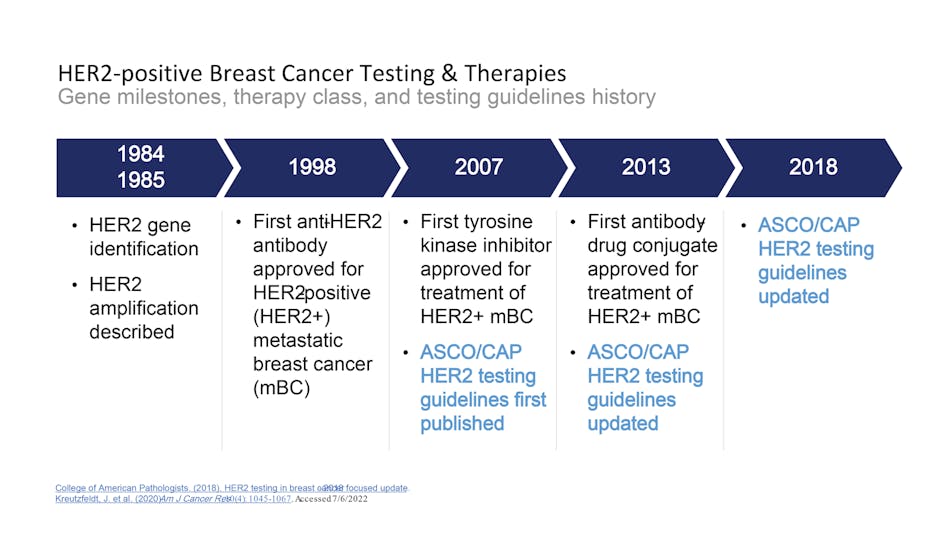Surgical stress and cancer progression: the twisted tango, Molecular Cancer
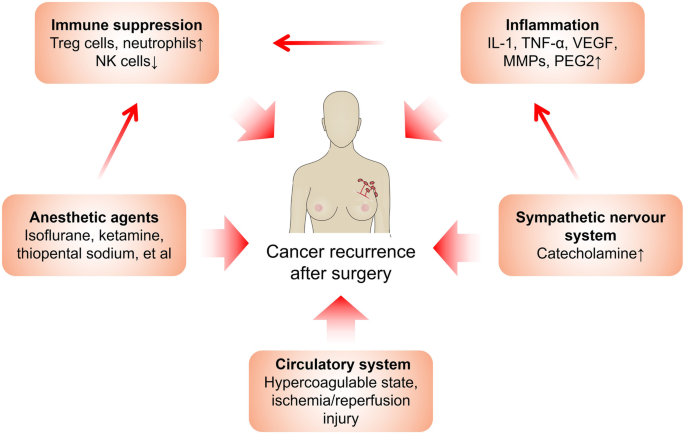
By A Mystery Man Writer
Surgical resection is an important avenue for cancer treatment, which, in most cases, can effectively alleviate the patient symptoms. However, accumulating evidence has documented that surgical resection potentially enhances metastatic seeding of tumor cells. In this review, we revisit the literature on surgical stress, and outline the mechanisms by which surgical stress, including ischemia/reperfusion injury, activation of sympathetic nervous system, inflammation, systemically hypercoagulable state, immune suppression and effects of anesthetic agents, promotes tumor metastasis. We also propose preventive strategies or resolution of tumor metastasis caused by surgical stress.

PDF) Perioperative Inflammatory Response and Cancer Recurrence in Lung Cancer Surgery: A Narrative Review
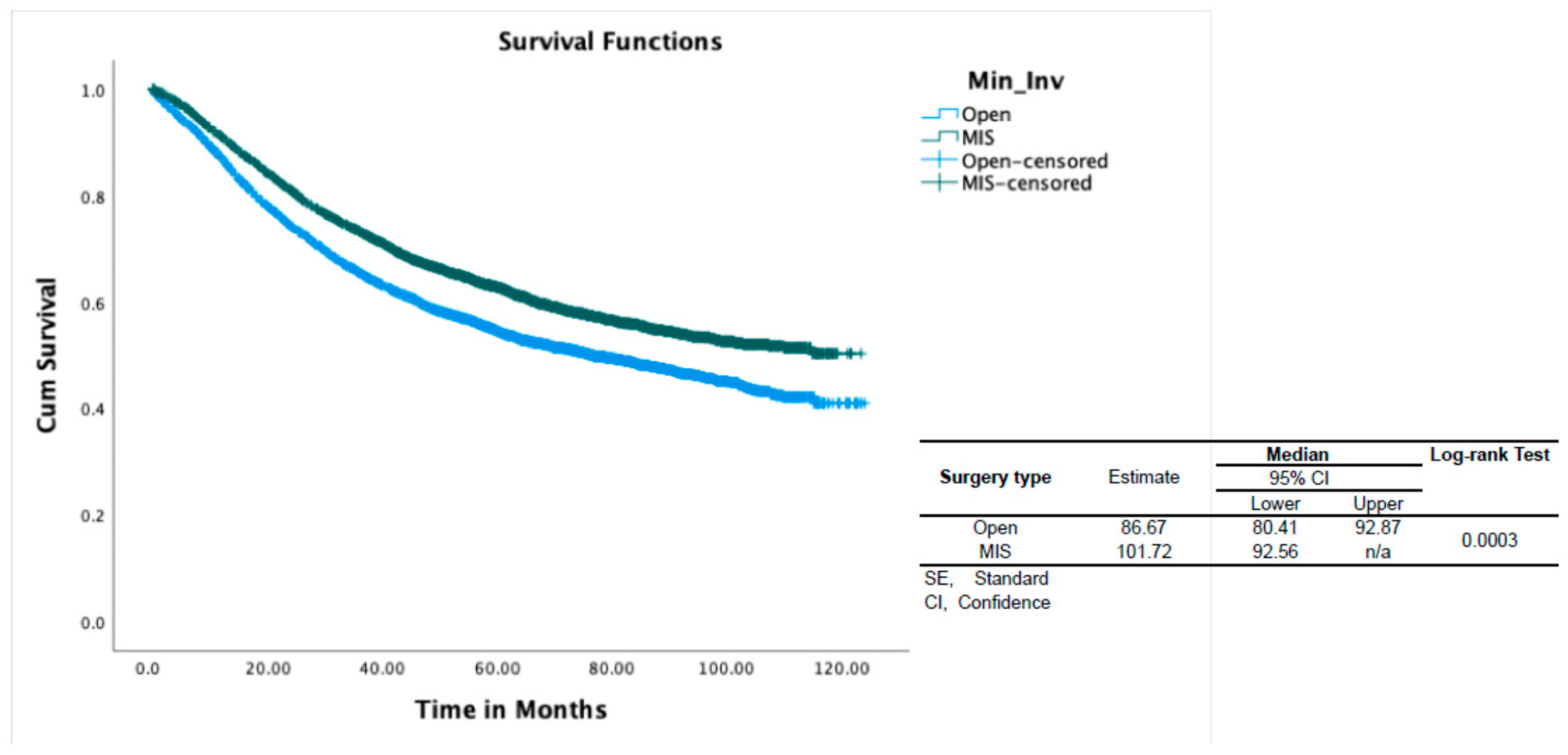
Healthcare, Free Full-Text

Stresses in the metastatic cascade: molecular mechanisms and therapeutic opportunities. - Abstract - Europe PMC

PDF) The Impact of Perioperative Events on Cancer Recurrence and Metastasis in Patients after Radical Gastrectomy: A Review
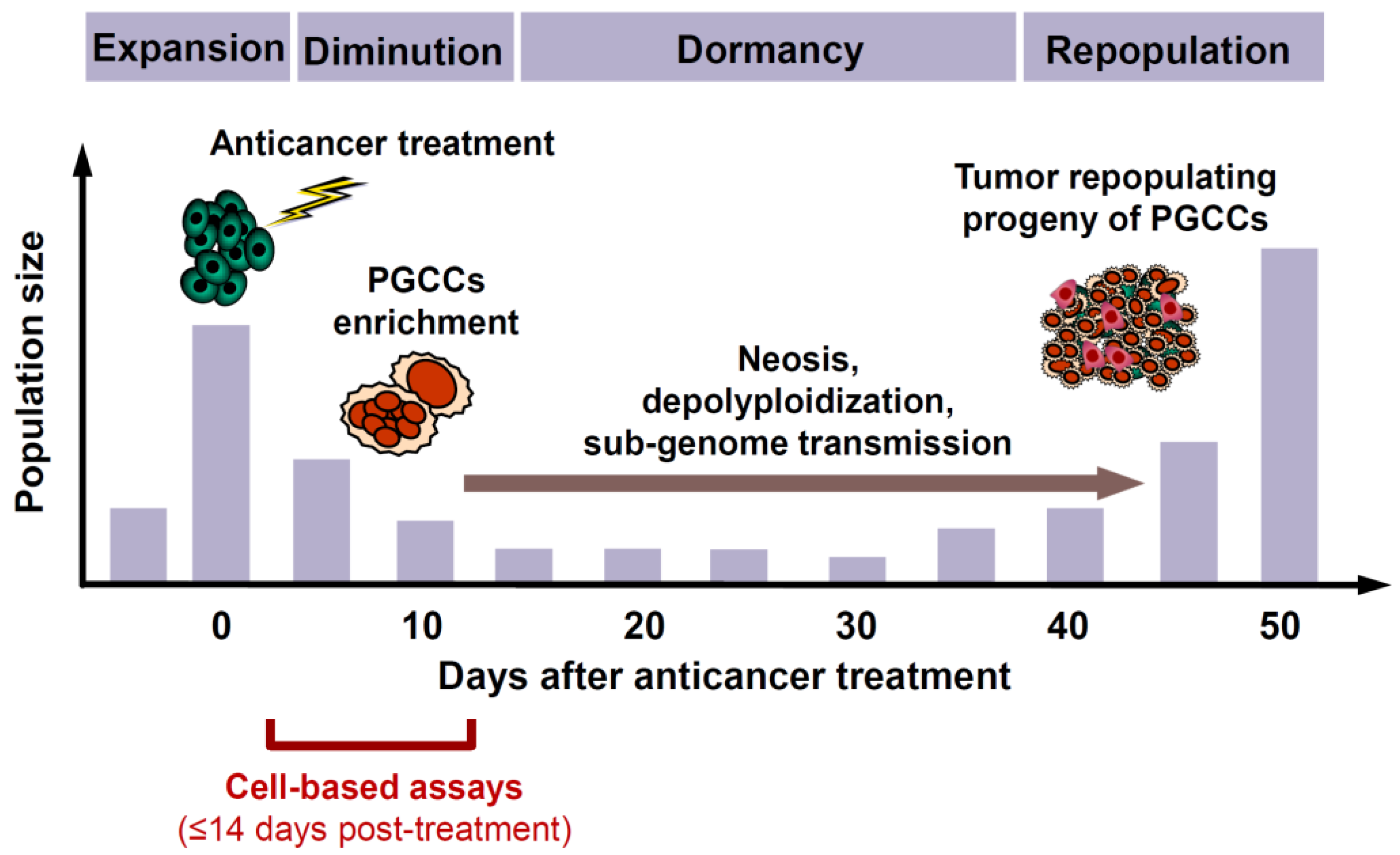
IJMS, Free Full-Text
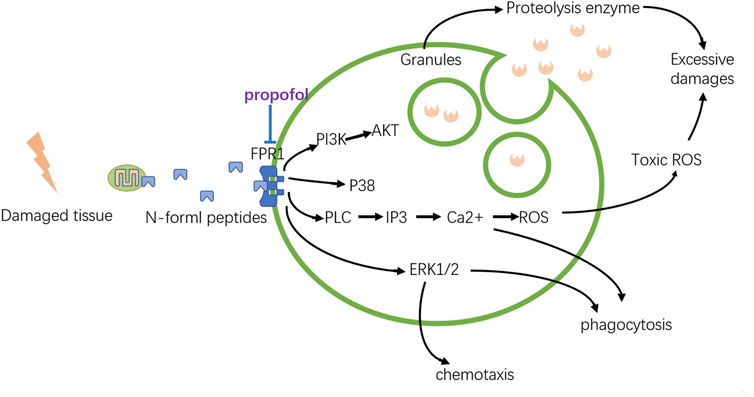
Frontiers The benefits of propofol on cancer treatment: Decipher its modulation code to immunocytes

Resection of orthotopic murine brain glioma

Molecular mechanisms underlying the regulation of tumour suppressor genes in lung cancer - ScienceDirect

PDF) Surgical stress and cancer progression: the twisted tango

Interaction between CD36 and FABP4 modulates adipocyte-induced fatty acid import and metabolism in breast cancer
- Creepy Pair of Underwear!, Book by Aaron Reynolds, Peter Brown, Official Publisher Page

- Flip Flop Slippers - Canada

- CRZ YOGA Autumn Butterluxe Matte Faux Leather Leggings for Women 26.5'' - No Front Seam High Waist Stretch Tights Pleather Pants - AliExpress

- Ladies Sexy Erotic Fashion Flowers Embroidery Belt Gather Hot

- Funny Long Leg Ball Hammock® Pouch Boxers With Fly 7 Pack

